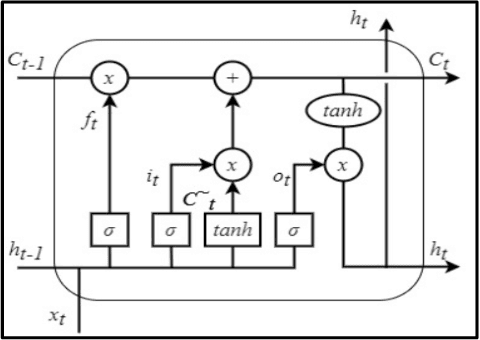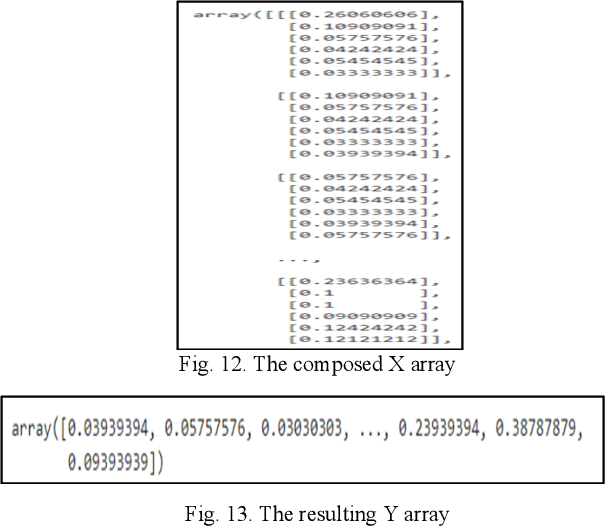Short-term Prediction of Household Electricity Consumption Using Customized LSTM and GRU Models
Paper and Code
Dec 16, 2022



With the evolution of power systems as it is becoming more intelligent and interactive system while increasing in flexibility with a larger penetration of renewable energy sources, demand prediction on a short-term resolution will inevitably become more and more crucial in designing and managing the future grid, especially when it comes to an individual household level. Projecting the demand for electricity for a single energy user, as opposed to the aggregated power consumption of residential load on a wide scale, is difficult because of a considerable number of volatile and uncertain factors. This paper proposes a customized GRU (Gated Recurrent Unit) and Long Short-Term Memory (LSTM) architecture to address this challenging problem. LSTM and GRU are comparatively newer and among the most well-adopted deep learning approaches. The electricity consumption datasets were obtained from individual household smart meters. The comparison shows that the LSTM model performs better for home-level forecasting than alternative prediction techniques-GRU in this case. To compare the NN-based models with contrast to the conventional statistical technique-based model, ARIMA based model was also developed and benchmarked with LSTM and GRU model outcomes in this study to show the performance of the proposed model on the collected time series data.
 Add to Chrome
Add to Chrome Add to Firefox
Add to Firefox Add to Edge
Add to Edge